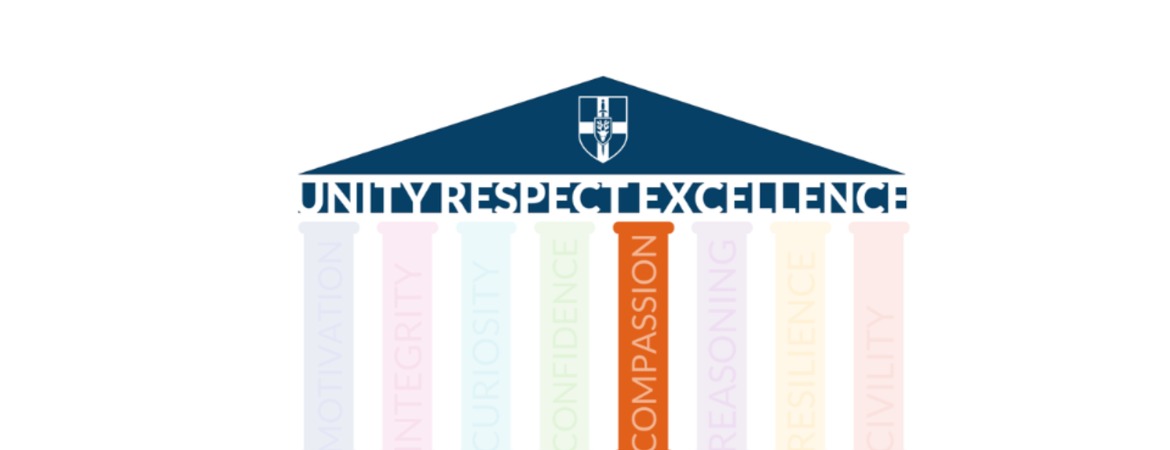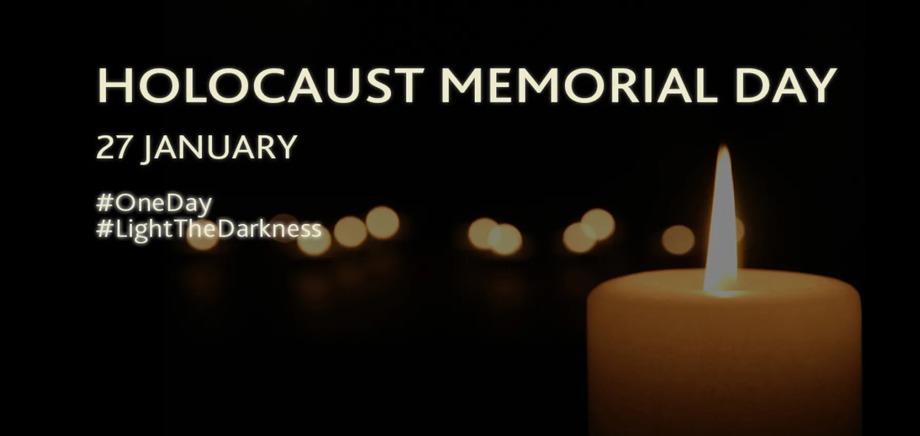- Home
- School Life
- News
- Learning About Compassion in Assemblies
Learning About Compassion in Assemblies

This week, students throughout the school are hearing about an extraordinary act of compassion which took place just prior to the outbreak of the Second World War. They were told the story of one man's work to help arrange the safe passage of children from what was then called Czechoslovakia, and we know today as the Czech Republic.
In 1938 Nicholas Winton, who was born in Hampstead to German Jewish parents, travelled to Prague to visit friends. It was here that he became aware of the need to evacuate Czechoslovakian children to other parts of Europe to safeguard them from the threat of Nazi occupation. At this point the English government was allowing unaccompanied refugees to enter the United Kingdom, provided they had an address to stay at, and a warranty of £50, (the equivalent of around £4,000 today). Over the next 18 months Nicholas worked tirelessly to help arrange safe passage for children to the UK. He negotiated with authorities in the Netherlands so that the children could pass through their country, liaised with charities and benefactors in the UK to help raise the required funds for the warrants, and arranged foster families for the refugees.
On the day that war was declared in Czechoslovakia, a train carrying 250 refugees was stopped from leaving Prague, and only two of these children survived the war. Despite this tragedy, Nicholas helped 669 children escape to freedom.
After the war, Nicholas married and had a successful career as a stockbroker, but he kept his remarkable efforts to help those fleeing persecution a secret. It wasn't until 1988 that his wife found a scrapbook containing the details of the refugees and his remarkable story came to light.
The students were told that Nicholas never sought recognition or praise for this actions, and you can watch the clip below to see his humble reaction when he was invited onto a television programme in the 1980's and met some of those that he helped.
Teaching about The Holocaust was made compulsory for all UK secondary schools in 1991 and this Saturday, Holocaust Memorial Day will take place in countries around the world. The 27th January is significant as it was on this date in 1945 that Auschwitz-Birkenau was liberated. Lighting a candle on 27th January is a way for people to remember those who lost their lives and stand against hatred today.


